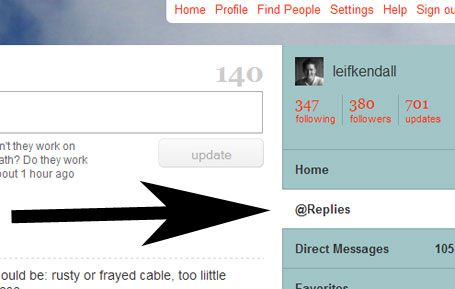I’m really pleased to announce that a guide I produced for Freelance Advisor, Go Freelance: The Complete Guide to Starting Freelancing has been published on the Freelance Advisor website.
I often get emails from people who are interested in becoming copywriters, and considering taking the freelance route. While I always respond to these enquiries, I rarely have time to offer as much advice as I would like. Freelancing has many aspects – it’s just like running a small business – and I never have enough time to carefully and thoroughly explain the things I have learnt about freelancing.
Now I can point any curious persons in the direction of Freelance Advisor, and this guide.
Go Freelance tackles many issues affecting freelancers:
- Marketing
- Clients
- Book-keeping
- Company structure
- VAT
And much more. It’s intended as a resource for people who are considering going freelance. But if you’ve already gone freelance, or been doing it for years, you might still find it useful.
All feedback is very useful and greatly appreciated. Let us know what you think of this guide as your feedback will help shape future editions and other guides on different subjects. And please share it with anyone who might find it helpful.



